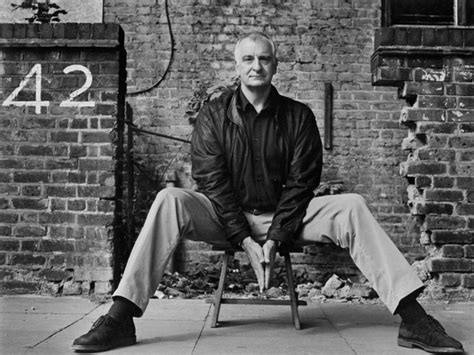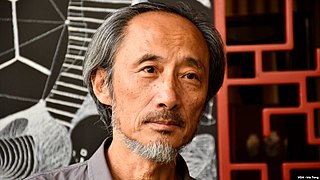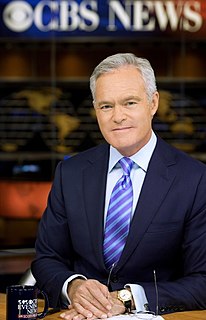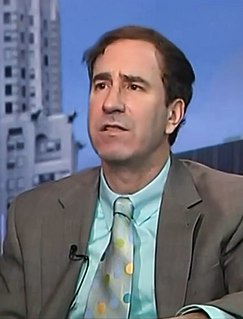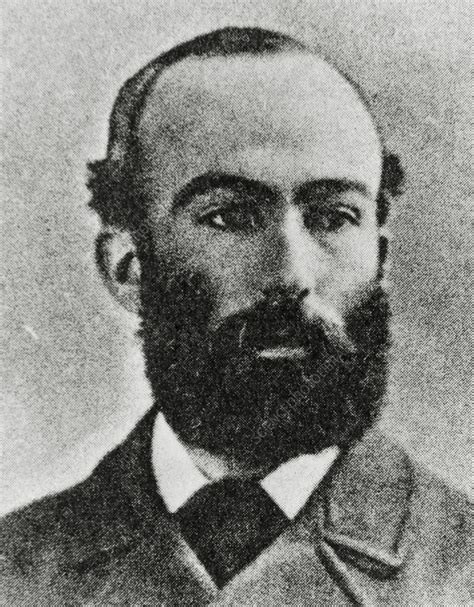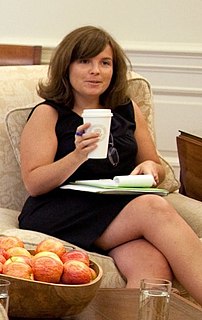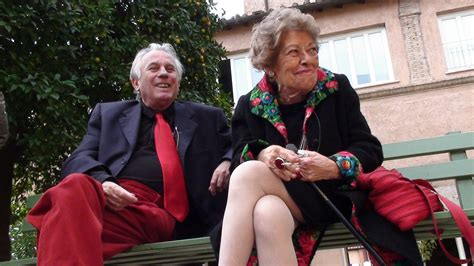A Quote by Michael Bywater
One of the rules of history is that people do not write about what is too obvious to mention. And so the information, having never been recorded, is now lost for ever.
Related Quotes
On the subject of the history of the American Revolution, you ask who shall write it? Who can write it? And who will ever be able to write it? Nobody, except merely its external facts... all its councils, designs and discussions having been conducted by Congress [behind] closed doors - and no members, as far as I know, having even made notes of them. These, which are the life and soul of history, must forever be unknown.
In my own field, x-ray crystallography, we used to work out the structure of minerals by various dodges which we never bothered to write down, we just used them. Then Linus Pauling came along to the laboratory, saw what we were doing and wrote out what we now call Pauling's Rules. We had all been using Pauling's Rules for about three or four years before Pauling told us what the rules were.
I never call myself a singer, ever. I never will. I've always been really embarrassed about my voice. I've never been confident about it. I think it's a little bit better now than when I first started. There are people I admire who are genuinely brilliant singers and I know the difference between what they can do and what I can do.
Most people consume information passively-whatever they're being fed. They're being fed Russian television, which tells them that in the 90s there was a terrible catastrophe, that before that life had been all right, and then when Putin came many people say, "I've never lived as well as I'm living under Putin." That's true-there has never been such a level of affluence. But now, it looks like people will have to tighten their belts, and some are already having doubts.
I think the biggest pushback comes from people who perceive me to be a threat. Having bloggers who are dedicated to making up false information about you, having anonymous people write nasty emails and letters, having organizations file legal requests for your work-related emails, and all the other things that happen can be very depressing and discouraging.
We see it in attempts on Capitol Hill to impose gag rules on rules on doctors on what they can say to their patients about family planning. And we certainly see it now with an effort by the government to tap our phones; invade our medical records, credit information, library records and the most sensitive personal information in the name of national security.
If you have 15 minutes per visit, and you spend the first 9 minutes just collecting information from them, before you do anything else, you know half of your visit is gone already. So if you have an automated system that has most of that and, and in some cases I actually have patients complete questionnaires before they come in, so I'd gotten most of the information I need to ask about, already recorded, instead of having 9 minutes I can take 3 minutes to review all this information.
I think that if you look at all of the books that have ever been written about people working in the White House, they're sort of the opposite of my book. And I think that so many people want to write a book that sort of memorializes their place in history. And I wanted to write something for all of the women who are like me. I grew up in upstate New York, I graduated high school with 70 other people and didn't ever know that anything like this would have really been an option for me. So I wanted other young women — and men — to know that just being you is plenty.
In my writing class, we never, ever talk about the writing - ever. We never address a story that's been read. I also won't let anyone look at the person who's reading. No eye contact; everybody has to draw a spiral. And I would like to do a drawing class where we could talk about anything except for the drawing. No one could even mention it.
